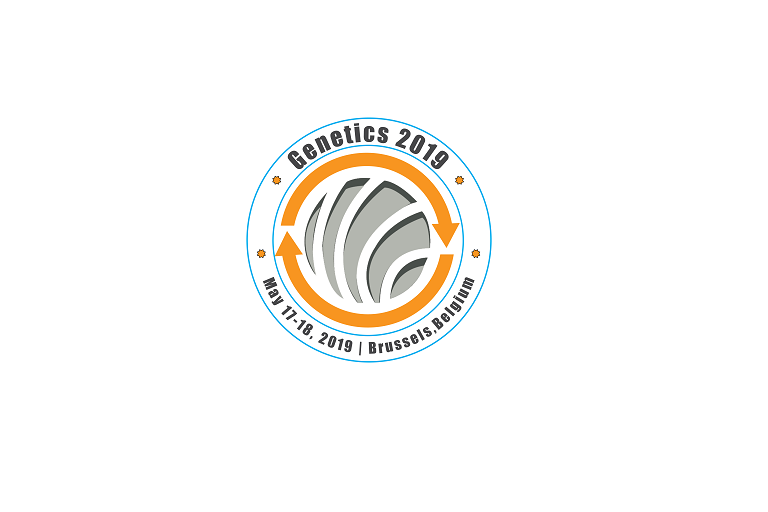Physicians who use electronic health records during patient visits spend about one-third of their time looking at the screen, which could affect doctor-patient communication, according to a study published in the International Journal of Medical Informatics, FierceHealthIT reports (Hall, FierceHealthIT, 1/24).
Study Details
For the study, researchers at Northwestern University used video cameras to record 100 physician-patient visits that involved EHRs.
The researchers then analyzed the videos to study eye-gaze patterns and how provider-patient communication was affected.
Reaction
In a release, lead study author Enid Montague said that spending an excessive amount of time looking at a computer screen in the exam room could affect a physician’s ability to pay attention to and communicate with patients and could result in missing non-verbal cues. Montague added, “Not only does the doctor spend less time looking at the patient, the patient also almost always looks at the computer screen, whether the patient can see or understand what is on the screen” (United Press International, 1/23).
Further, Montague said, “When doctors spend that much time looking at the computer, it can be difficult to get their attention. It’s likely that the ability to listen, problem-solve and think creatively is not optimal.”
Montague noted that better understanding how EHRs affect physician-patient communication could lead to:
- More effective training guidelines; and
- Better-designed technology, including more interactive screen sharing (FierceHealthIT, 1/24). Source
























